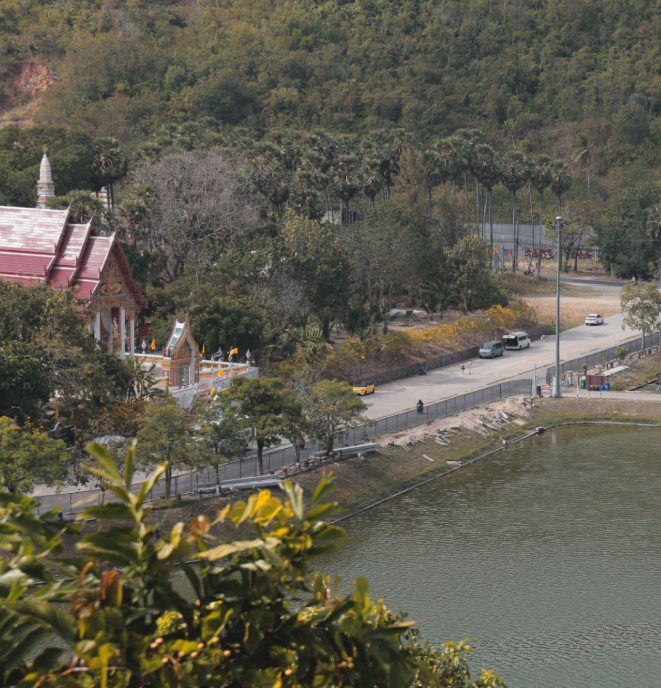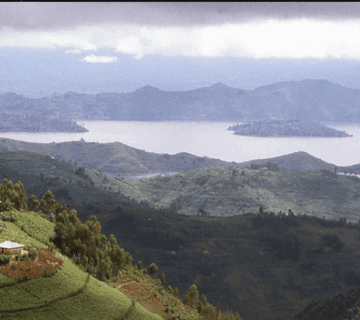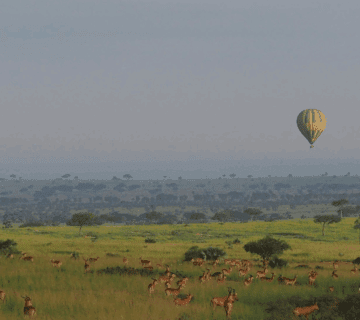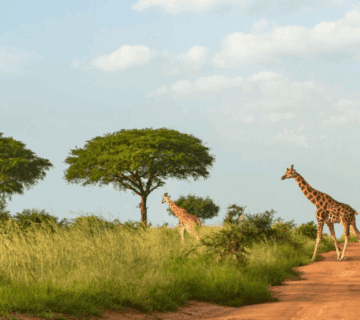What Are the Fishing Rules in Serengeti Rivers?
The Serengeti is known worldwide for its sweeping plains, abundant wildlife, and the Great Migration. But beyond the dust trails of wildebeest and the roaring pride of lions, a different kind of serenity exists along its rivers and waterways. These are places where time seems to slow down, where the water mirrors golden sunsets and the thrill of a tug on the fishing line connects us with the rhythm of nature. Fishing in the Serengeti may not be as popular as game drives or birdwatching, but for those who seek quiet adventure, it offers a profound, unforgettable experience.
If you’re thinking about fishing in the Serengeti, you’re not just planning a casual pastime you’re stepping into a deeply regulated, sensitive ecosystem. Knowing the fishing rules is crucial not only for legal reasons but also to preserve this extraordinary wilderness for future generations.
Is Fishing Even Allowed in the Serengeti?
Fishing in the Serengeti National Park itself is not allowed. This rule is strictly enforced to maintain the ecological balance of one of the most biodiverse ecosystems on the planet. The park is a protected area under Tanzanian law, and the rivers within it like the Grumeti and Mara are integral to the survival of many species. These rivers serve as lifelines, supporting everything from crocodiles and hippos to drinking elephants and migrating herds.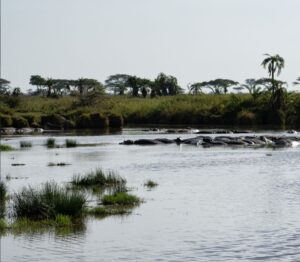
However, that doesn’t mean fishing is entirely off-limits in the Serengeti ecosystem. There are buffer zones and nearby areas, such as parts of the Mara River outside the national park boundaries or areas adjacent to Lake Victoria and other lesser-known rivers, where fishing may be permitted under specific conditions.
Where Can You Legally Fish Near the Serengeti?
While the heart of Serengeti National Park is off-limits, fishing opportunities do exist in adjacent regions:
Lake Victoria – Located to the west of the Serengeti, this vast freshwater lake is one of Africa’s best spots for fishing. Tilapia and Nile perch are the main catches here. Many lodges near the lake offer fishing excursions with proper licenses.
Mara River (Outside the Park) – In certain community-managed areas or reserves outside Serengeti boundaries, fishing may be allowed. It’s essential to verify with local authorities or tour operators before planning an excursion.
Grumeti River (Buffer Zones) – Similar to the Mara, the Grumeti River passes through both protected and community zones. Fishing is generally prohibited in conservation areas but might be allowed under controlled conditions in designated zones.
Understanding the Rules and Regulations
If you plan to fish near the Serengeti, here are the key fishing rules and guidelines you need to know:
Get the Right Permits
Fishing in Tanzania requires an official fishing permit, even outside protected national parks. These can be obtained through the Tanzanian Fisheries Department or authorized local tour operators. The type of permit you need may vary depending on whether you are fishing for sport or subsistence.Respect Protected Areas
Fishing within national parks like Serengeti, or game reserves such as Ngorongoro and Maswa, is illegal. Heavy fines and penalties are imposed on anyone caught fishing in these protected zones. Maps and local guidance will help you avoid these areas.Catch Limits and Species Regulations
Fishing laws often include species-specific guidelines and catch limits. Nile perch and tilapia are common in Lake Victoria, but not all fish can be legally caught or kept. Always ask your guide or check the latest fisheries regulations to stay compliant.Fishing Seasons Matter
There are specific fishing seasons depending on the water levels, breeding cycles of fish, and conservation efforts. The rainy season (March to May and November) can significantly affect fishing conditions and access.Use of Gear
Only traditional or permitted fishing gear is allowed. The use of nets, explosives, or chemical methods is strictly illegal and punishable by law. Most recreational fishing is done using rods and reels.Catch and Release Practices
In areas where fishing is allowed for sport or leisure, catch and release is highly encouraged. This helps sustain fish populations and maintains the ecological balance.Guided Tours Are Recommended
Because of the complex web of protected zones and community areas around the Serengeti, going with a licensed guide or tour company is highly recommended. They are familiar with legal zones, have the necessary permits, and ensure that your fishing experience is both legal and enjoyable.
Why the Strict Rules? The Importance of Conservation
The rules around fishing in and near the Serengeti are not meant to discourage adventure seekers. They are designed to protect one of the most delicate and valuable ecosystems on Earth. The rivers of the Serengeti aren’t just water bodies they’re critical arteries for the entire savannah. They support the lives of thousands of animals that depend on clean water and balanced ecosystems.
Overfishing, pollution, and invasive techniques can cause irreversible damage. By enforcing strict regulations, Tanzania ensures that local communities benefit sustainably from natural resources without compromising the long-term health of the environment.
Local Community Involvement
Many fishing zones outside of Serengeti fall under community-based conservation programs. Here, locals are trained and empowered to manage the resources responsibly. By choosing to fish in these areas with local guides or cooperatives, you’re directly contributing to community development and environmental stewardship.
Final Thoughts: Fishing the Serengeti Way
Fishing in the Serengeti ecosystem is not about the size of the catch it’s about connecting deeply with nature. It’s the silent wait on a riverbank, the distant call of a fish eagle, and the thrill of a tug beneath water that may never have felt a human hand. It’s about respecting a landscape that has remained wild for millennia and doing your part to keep it that way.
Whether you’re casting your line in the mighty Lake Victoria or floating near the borders of the Serengeti under a Tanzanian sky, remember that you are a guest in a living, breathing wilderness. Know the rules. Honor the land. And fish not just for sport, but for peace, for presence, and for purpose.
Key Takeaways
Fishing inside Serengeti National Park is strictly prohibited.
Legal fishing is possible in nearby areas such as Lake Victoria and community-managed zones.
Always obtain proper permits and follow Tanzanian fisheries regulations.
Respect conservation laws, use ethical gear, and consider catch-and-release practices.
Support local guides and communities by fishing in approved buffer zones.
Fishing near the Serengeti isn’t just an outdoor activity it’s a way to become part of Africa’s timeless rhythm. Let the rivers teach you patience. Let the silence reveal your spirit. And let every cast remind you that adventure and responsibility can and should flow together.

